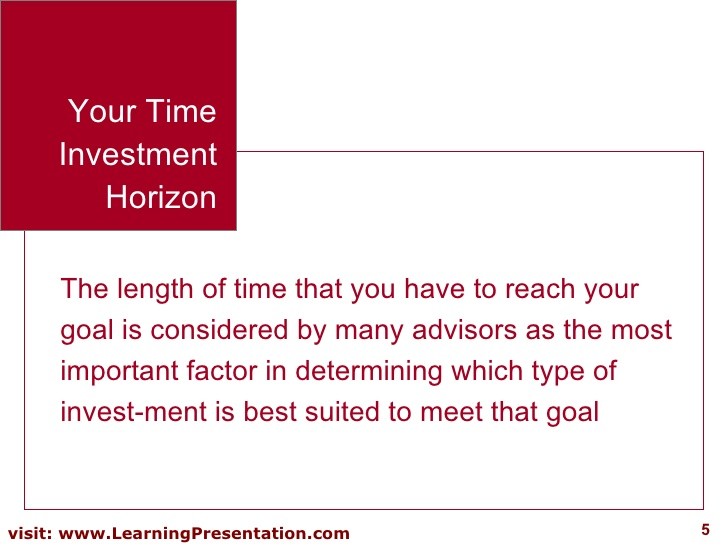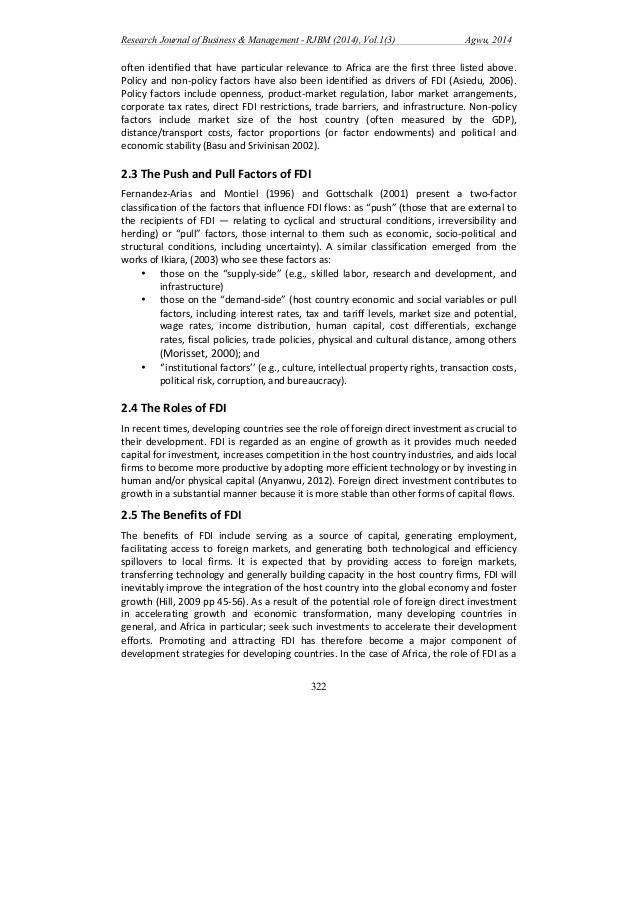Investment Strategy Based on 5 Important Factors Investing It!
Post on: 11 Июнь, 2015 No Comment

Investment Strategy Based on 5 Important Factors
We Indians are believed to be great savers traditionally, with an average savings rate close to 30% per annum. However, our investments have been pretty static in nature. We prefer bank deposits (which yield 4-5%) to equities (which can yield up to 12% in the long run). The blame cannot just be thrown on the global economy or the policy paralysis of Indian govt. It has to be lack of financial awareness.
Stats don’t lie. The insurance companies/agents know this pretty well. According to the latest news, investors have lost Rs 1.3 trillion (one lakh crore) due to mis-selling of insurance policies. This is a huge number. Gone are the days when you could double your money in 5-6 years just by doing a post office deposit. Time has changed and so should we. There has to be a strategy in place to deal with your finances.
Below are 5 important factors based on which an investment strategy can be devised:
Age – Our mindset changes as we grow old. We tend to up skill ourselves on various things in life. Financial planning also needs a similar treatment. When in 20’s, we do not have any dependants and this is the time when we start off our career. Usually, in this stage it’s about spending, spending and more spending. Impulse buying is very high and we cannot resist the temptation to buy the latest jeans or the ultra modern tablet. We could do a little bit better by saving in small amounts every month, listing all expenses or making a simple monthly budget.
In our 30’s, we would have dependants. We would love to buy that dream house or that latest sleeky car (thanks to those tons of loan options). But, when responsibility arises, we should be ready to compromise. We should be looking at building assets and look for loan only when it cannot be avoided. Personal loans should be a strict ‘No’. We should be able to slowly increment our savings as and when our salary rises. This is the perfect time to plan for retirement. Retirement planning at 30? You must be thinking am kidding. No, am not. Power of compounding works for you when you start early. There would be fewer chances of you missing on your goals if you start early. Also, make sure you are covered with sufficient insurance since your family should not be missing your presence financially.
40’s is a stage when our children would be young and expenses would naturally increase. So, have an eye on all such expenses and plan accordingly. If you have missed out on taking a health insurance, take it now. You might not get one if you delay it or even if you get it, it could be beyond your affordability. When in 50’s, you might feel you have worked enough and may want to retire early. Make sure you don’t take too much of risk in this stage.   After retirement, continue to be conservative but make sure you don’t lose out to inflation because you would not have hikes in income to cover it up.
 
Risk Appetite – Risks are inevitable. There is no investment without any risk. Always know your risk appetite before investing in any instrument. Think how you would react if the stock you have invested dips 20% in a session. Based on such questions, decide whether you want to be an active investor or a passive investor. Active investor is one who actively buys and sells. He believes he can time the market. Passive investor is the one who buys those funds which do not need active intervention, such as index funds.
 
Goals – Every investment should be linked to a goal. Your investments should not be a wild goose chase. Clearly list all your goals and then prioritize. Do a backword calculation with regards to your goals and then work towards your goals in a systematic manner. Your goals should be SMART (Specific, Measurable, Attainable, Realistic and Time bound).
 
Time in hand – To get the right strategy going, you need to put in time regularly to update yourself with knowledge on financial markets and instruments. If you are very busy with your work and cannot put aside at least 4-5 hours every week for your finances, you need a financial planner. He would be able to guide you through all aspects of your finance and also suggest you a proper investment strategy based on your situation.
 

Asset allocation – This is the mother of all strategies. According to a survey, 90% of returns in a portfolio are due to asset allocation. Asset allocation combines factors such as diversification, liquidity, risk, etc. It tells you how much you need to invest in a particular asset class. For instance, if you have Rs.10,000 to invest, it would tell you how much you need to invest in liquid funds, balanced funds, large cap funds and so on.
If you ask me if there is any thumb rule for this, I would say no. All the above factors combine to make that ideal asset allocation.
 
Conclusion
There is nothing like a one size fits all strategy. It would depend on multiple factors. Once invested should not mean invested for ever. Investments need to be monitored and rebalanced regularly. Again, if you do not have the time and knowledge to do all this, better consult a good financial planner.
 
About the Author :
A.V.Suresh is our in-house Financial Planner and a personal finance enthusiast. He is a Certified Financial Planner(CFP) and also has an MBA in Finance. He can be reached at expert@investmentyogi.com














